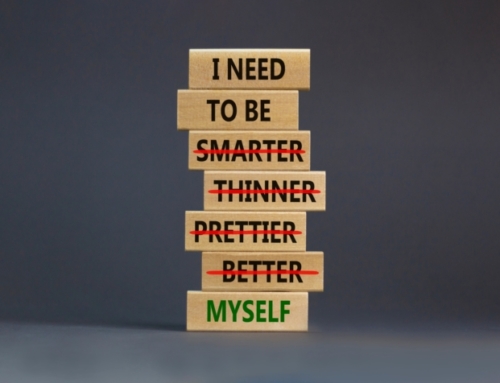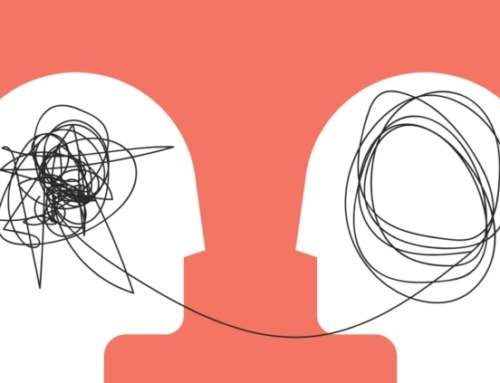I’d like to share a thought experiment with you today.
I’m in the process of developing a new manual that I call the DMS-5. It stands for Diagnostic Manual of Societal Disorders. I designated it as the 5th edition because this manual is a figment of my imagination, so I can call it whatever I want. Here are the first two disorders I wrote criteria for.
Classroom Disorder
Classroom disorder is a classroom environment characterized by the following pathological symptoms that occur for the majority of the school day, on more days than not for a minimum of an entire school year. Three or more symptoms are required for diagnosis.
Criterion A
- Children are required to sit at their desks for up to 90% of the time spent in school
- Children are punished for speaking out unless specifically called upon by the adult at the front of the room
- Children are required to work together with other children even when they don’t want to
- Children are required to ask permission to use the restroom facilities
- Children are required to listen to the adult speak on topics of no interest or salience to many of the participating children
- Children are made to listen to explanations of topics when demonstrations and interactive exercises would be several hundred percent more effective and interesting
- Children are not allowed to drink refreshments or eat except during a narrowly defined time in the middle of the day
- Children are assessed and scored in comparison to other randomly chosen children who also attend this classroom
- Children are taught various topics together as a group irrespective of their individual aptitudes and are either bored by the slow pace or confused by the too brief focus
Criterion B: Not better explained by something else even more fundamentally asinine
Criterion C: Causes distress or impairs flourishing in many of the participating humans
Health Care System Disorder
Health Care Disorder is characterized by three or more of the following pathological symptoms, lasting for a minimum of several decades.
- The health care system spends twice as much as comparable health care systems in comparator countries
- The health care system has worse outcomes for patients than comparable health care systems costing much less money
- Many providers working in the health care system experience a shortage of money to pay for even minimal adjunctive programs that would improve the health and well-being of patients in the system
- Many providers face inordinate wait times to refer their patients to providers of other specialties or when attempting to schedule an outpatient appointment after hospital discharge
- Approximately half of all health care providers endorse work-related stress and burnout
- A substantial minority of providers would choose a different career if they could do it over again
- A substantial minority of providers would advise their children to seek a different career path
My Point Being …
My point is that many of the things that stress us out, make us unhappy or unfulfilled are not due to our personal shortcomings. We work (and study) in complex and often dysfunctional environments that seem to work poorly for many of those who participate in them. And yet we often blame ourselves for our inability to thrive within them. You may have heard me say before that in 2015 at the MasterPsych Conference I surveyed participants about their level of work-related stress. Results were: 17% chose none to mild, 49% chose moderate, 16% chose severe, and 19% chose “extreme – I’m ready to quit this profession.”
That was one of the saddest statistics I ever saw. About one in five clinicians were ready to quit their profession, one they spent nearly a lifetime preparing for and practicing!
I didn’t ask the participants so I don’t know, but my guess is that many stressed out clinicians at least partly blame themselves for their stress and dissatisfaction.
My request to you is to stop and consider that maybe it is the environment that is not right for you, rather than blaming yourself for the less-than-ideal fit between you and your job. I believe that just as every person in the world has someone they can love and who will love them back, that every person in the world has a job they can love and will love them back.
So, if you’re burned-out, stressed, unhappy, unfulfilled at work, don’t add insult to injury by blaming yourself or feeling the necessity to change yourself. Rather, consider changing your position, practice setting, employment agreement, or (in extreme and uncommon circumstances) profession. I firmly believe most of us do not need to change our profession because almost always the problem is associated with a particular position in a particular clinic or health care system and not with our profession. So here is my closing thought for you:
You are perfect. Just. The way. You are.
Until next time,
Dr. Jack







Leave A Comment